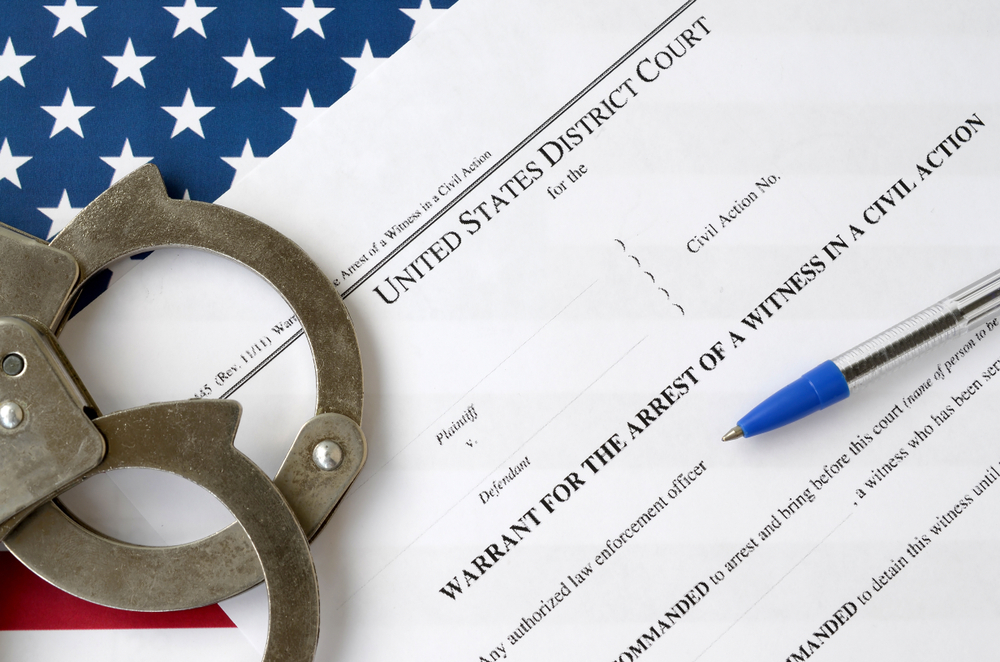In Kansas, the process of expunging or sealing an arrest record involves several steps and requirements. Expungement allows individuals to have certain criminal records, including arrest records, removed or sealed from public view.
Here’s a general overview of the process to get an arrest record expunged in Kansas…
- Eligibility Determination – The first step is to determine if you are eligible for expungement under Kansas law. Eligibility criteria may vary depending on the specific circumstances of your case, including the type of offense, the outcome of the case, and the amount of time that has passed since the arrest. Individuals may be eligible for expungement if they were acquitted of the charges, the charges were dismissed, or they completed a diversion or deferred judgment program.
- Review Expungement Statutes – Familiarize yourself with the expungement statutes in Kansas to understand the requirements and procedures for expunging arrest records. The relevant statutes can be found in the Kansas Statutes Annotated, particularly in Chapter 21, Article 66.
- File a Petition for Expungement – If you believe you are eligible for expungement, you will need to file a petition for expungement with the court in the county where the arrest occurred. The petition should include information about the arrest, the charges, and the outcome of the case. You may need to provide supporting documentation, such as court records or a certificate of disposition.
- Serve Notice – You will need to serve notice of the expungement petition on all relevant parties, including the prosecutor’s office and any law enforcement agencies involved in the arrest. This ensures that all parties have an opportunity to respond to the petition.
- Court Hearing – A hearing may be required to review the expungement petition and consider any objections from interested parties. The judge will evaluate the petition and determine whether to grant or deny the expungement request.
- Order of Expungement – If the court grants the expungement petition, you will receive an order of expungement. This order directs law enforcement agencies and other entities to seal or destroy the arrest records, effectively removing them from public view.
- Follow-Up – After obtaining the order of expungement, follow up with any relevant agencies to ensure that the arrest records are properly sealed or destroyed. You may also want to obtain certified copies of the expungement order for your records.
The expungement process in Kansas can be complex, and the specific requirements and procedures may vary depending on the circumstances of your case. Consider consulting with a qualified attorney who can provide guidance and assistance throughout the expungement process. The Kansas Bar Association or legal aid organizations may offer resources or assistance for individuals seeking to expunge their arrest records.






